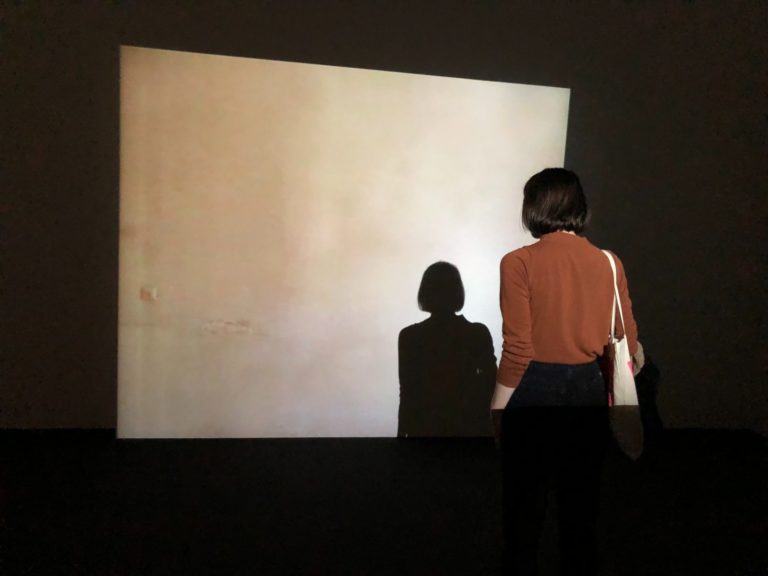2 Sessions Tuesdays, 6:30 pm EDT - 8:00 pm EDT August 26 to September 23, 2025
The Center for Fiction
The ‘With Books’ option includes the titles required for this group at a 10% discount from our Bookstore.
Meeting Dates:
8/26 & 9/23
In Person at The Center for Fiction
West African writers have had an important influence in the Anglophone literary world going back to Chinua Achebe, Wole Soyinka, and Amos Tutuola, and more recently with the successes of Nigerian writers Chimamanda Ngozi Adichie, and up-and-comers such as Irinze Ifeakandu. Similarly, building on the impact of 1960s writers such as Leopold Senghor and Bernard Dadié, contemporary Francophone African writers have increasingly made their mark in the French-language literary world—even as American readers largely miss out on this exciting work due to a lack of translations.
Two radically different writers who have broken through the Franco-Anglo language and culture barrier are French-Senegalese historical novelist and scholar David Diop and Ivorian satirical novelist GauZ’ a.k.a. Armand Patrick Gbaka-Brédé. Diop, a professor of 17th-century literature at Université de Pau, won the International Booker Prize in 2021 with his wrenching novel about an African conscript fighting with the French in the trenches in WWI, At Night All Blood Is Black (translated by poet Anna Moschovakis). His latest, Beyond the Door of No Return, is a complex and elegant work of historical fiction about an 18th-century French botanist who recounts in a posthumously revealed memoir how he met and fell in love with a mysterious Senegalese woman who was a fugitive from her tribe. GauZ’s Standing Heavy (translated by Frank Wynne)—a hip, street-wise, ironic, and poignant tale of Ivoirian immigrants in Paris for whom the grueling job of security guard is the first rung up the ladder—was short-listed for the International Booker Prize in 2023.
In their distinctive, restless stories, Diop and GauZ’ explore globalization, exploitation, race, trade, and the fraught relations between France and the vast, diverse zone of West Africa on which it imposed its language, culture, and political system.
Our discussion will explore the above topics as well as voice, the interweaving of French and African cultures, humor, and the challenges of translation.
What to read in advance of the first meeting: Please read Standing Heavy by GauZ’ (translated by Frank Wynne) in its entirety in advance of the first meeting.
What to expect from this reading group: The class will be primarily discussion-based, supplemented with background from instructor and short, supplemental texts where helpful.
Reading List:
- Standing Heavy by GauZ’, translated by Frank Wynne
- Beyond the Door of No Return by David Diop, translated by Sam Taylor

Led by
-

Julia Lichtblau
Julia Lichtblau
Julia Lichtblau writes fiction, essays, and criticism in Brooklyn. Her interest in Francophone African literature goes back to her teens living in Côte d’Ivoire, where her father was a U.S. diplomat, and she attended the Lycée Sainte-Marie de Cocody, the Ivoirian girls school. (For other writing on West African literature and related personal essays and fiction, see www.juliamlichtblau.com.) After a journalism career covering international finance at BusinessWeek and Dow Jones Newswires in New York and Paris, she earned an MFA in fiction from Bennington College. She was a member of the CUNY Graduate Center’s Writers’ Institute in 2023-24. She was book review editor for The Common for seven years. An excerpt of her novel, The Glass House, set in Washington, DC and Côte d’Ivoire, was a finalist for Narrative Magazine’s Winter 2024 Contest. The first chapter was longlisted for the 2023 Disquiet Prize. Her essay “I So Wish You Remembered” was published in the Spring 2024 issue of The American Scholar, her third for the magazine. Her fiction, criticism, and essays have also appeared in the Museum of Americana, American Fiction, Blackbird, Narrative, the Florida Review, the Common, and elsewhere.
About this series
Reading Groups
Whether you’re looking to catch up on great novels or you’re interested in exploring a new writer or literary period, our reading groups offer high-level literary discussion led by experts in the field.



















